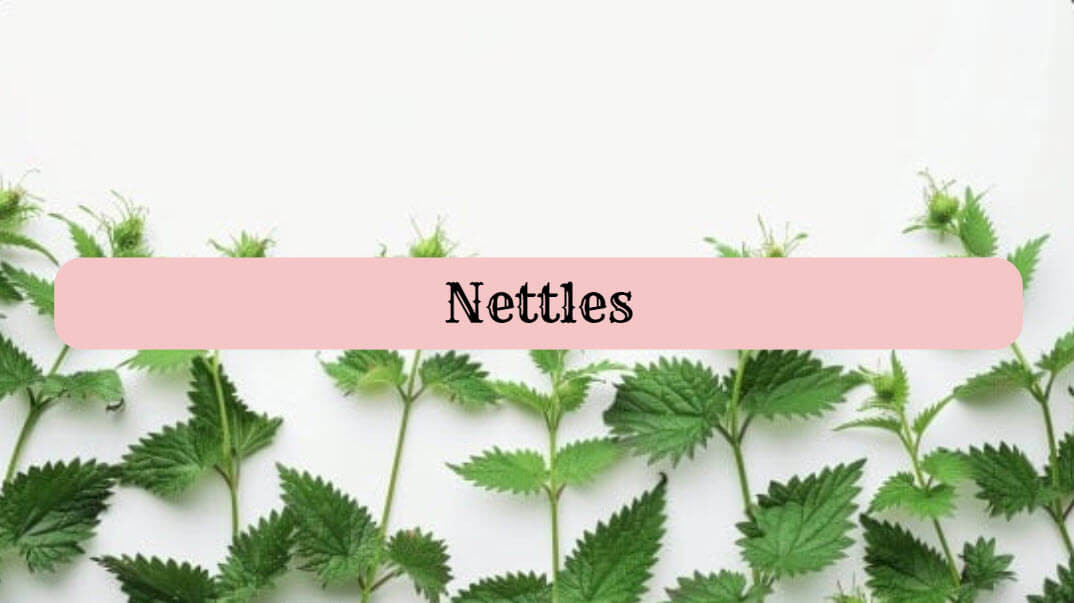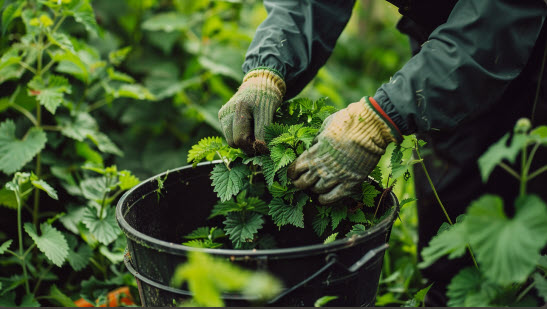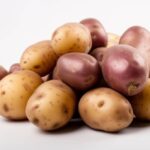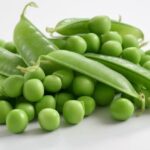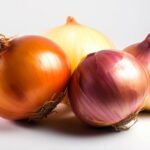Nutrient-Rich Fertilizer
Nettle fertilizer, also known as nettle tea, is like a superfood for your plants. It’s full of important nutrients that help your plants grow big and strong.
Improved Soil Quality
Using nettle fertilizer helps make your soil healthier. It adds organic matter to the soil, which makes it easier for plants to get the nutrients and water they need to thrive.
Natural Pest Deterrent
The smell of nettle fertilizer can keep pesky bugs away from your plants. This means you won’t have to use harmful chemicals to get rid of them.
Cost-Effective
Making your own nettle fertilizer is a great way to save money. You won’t have to buy expensive store-bought fertilizers anymore.

The Amazing Nettle – a Gardener’s Friend
1. Nettles are rich in essential nutrients such as nitrogen, phosphorus, potassium, and magnesium, making them an excellent natural fertilizer for plants. These nutrients help promote healthy growth and improve soil fertility.
2. Nettles act as a natural insecticide, containing compounds that repel pests such as aphids, caterpillars, and beetles. Using nettles as a pest control method can help protect plants from damage without the need for harmful chemical pesticides.
3. Nettles can also help improve the overall health of plants by enhancing their resistance to diseases and environmental stressors. This can result in stronger, more resilient plants that are better able to withstand adverse conditions.
4. Using nettles as a fertilizer and insecticide is an eco-friendly and sustainable gardening practice. It reduces the reliance on synthetic chemicals that can harm the environment and human health, promoting a more natural and balanced ecosystem in the garden.
5. Nettles are readily available and easy to harvest, making them a cost-effective and accessible option for organic gardening. By using nettles in the garden, you can save money on expensive commercial fertilizers and pesticides while still achieving healthy and thriving plants.
How to Make Natural Fertilizer
Ingredients:
- Fresh nettle leaves (wear gloves when handling)
- A large container or bucket
- Water
Instructions:
- Collect nettle leaves during the spring or early summer.
- Fill a container with water.
- Add nettle leaves to the water (about 1 part leaves to 10 parts water).
- Let the leaves soak for two to three weeks.
- Strain the liquid and dilute it with water before using it on your plants.
The Importance of Natural Insecticide
Environmentally Friendly
This natural insecticide is a natural way to keep bugs away from your plants without harming the environment. It’s much better than using chemicals.
Low Cost
Making your own insecticide is cheap and sustainable. You won’t have to spend a lot of money on expensive pest control products.
Effective Pest Control
The insecticide can help get rid of common garden pests like aphids and caterpillars. It’s a safe and natural way to protect your plants.
How to Make Natural Insecticide
Ingredients:
- Fresh nettle leaves (wear gloves when handling)
- Water
- Organic, non-toxic soap
Instructions:
- Collect the leaves during the growing season.
- Fill a container with water (about 1 part leaves to 5 parts water).
- Let the leaves soak for 24 hours.
- Strain the liquid into a spray bottle.
- Add a few drops of organic soap to the mixture.
- Spray the insecticide on affected plants every 7-10 days.
The fertilizer and insecticide are amazing tools for any gardener who wants to take care of their plants naturally. By using these homemade solutions, you can make your garden healthier and more productive while avoiding harmful chemicals.
Using natural pesticides instead of chemical ones is crucial for maintaining the delicate balance of nature. Chemical pesticides not only harm pests but also pose a significant threat to beneficial insects like bees, ladybugs, and butterflies. These beneficial insects play a vital role in pollination and pest control, helping to maintain healthy ecosystems.
By opting for natural pesticides derived from plant extracts, essential oils, or other organic sources, we can effectively manage pests while minimizing harm to beneficial insects and the environment. Embracing natural alternatives promotes biodiversity, preserves ecological harmony, and ensures a safer, more sustainable approach to pest management.
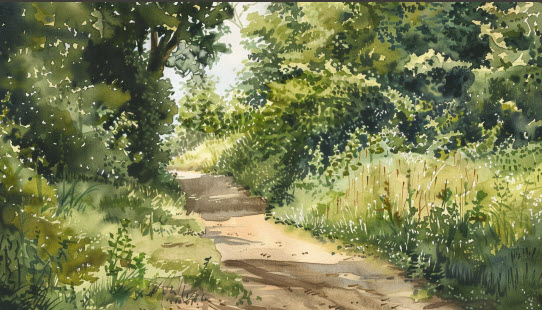
If you need any further information or assistance with this article, don’t hesitate to Contact Us
